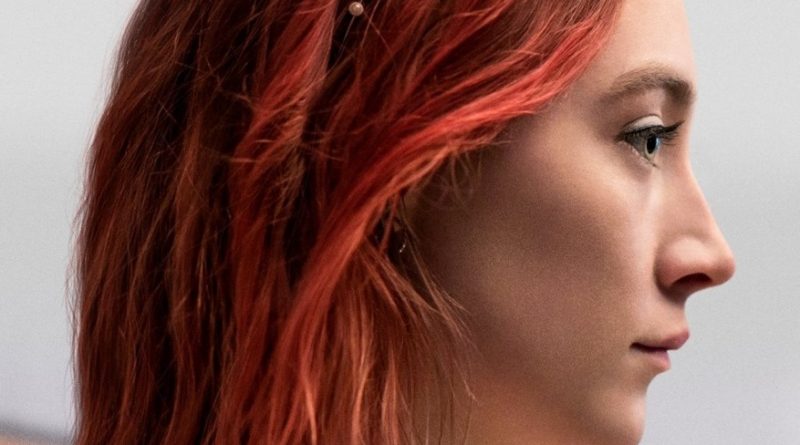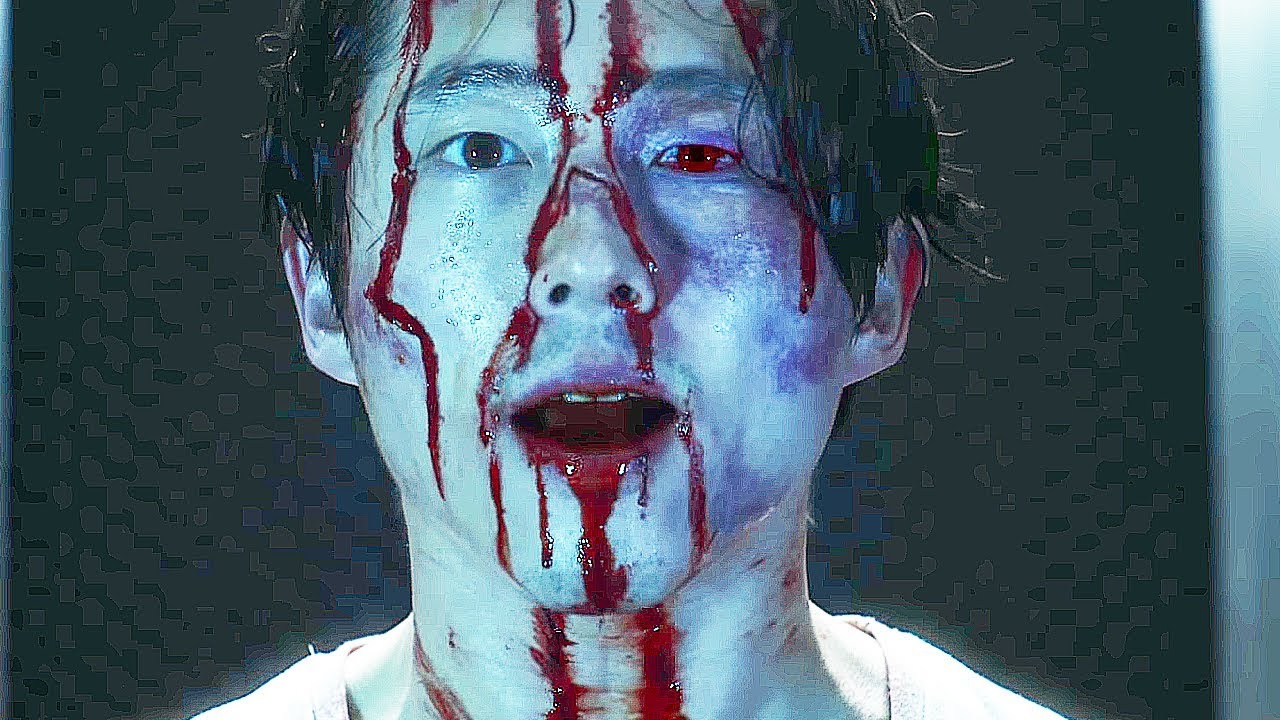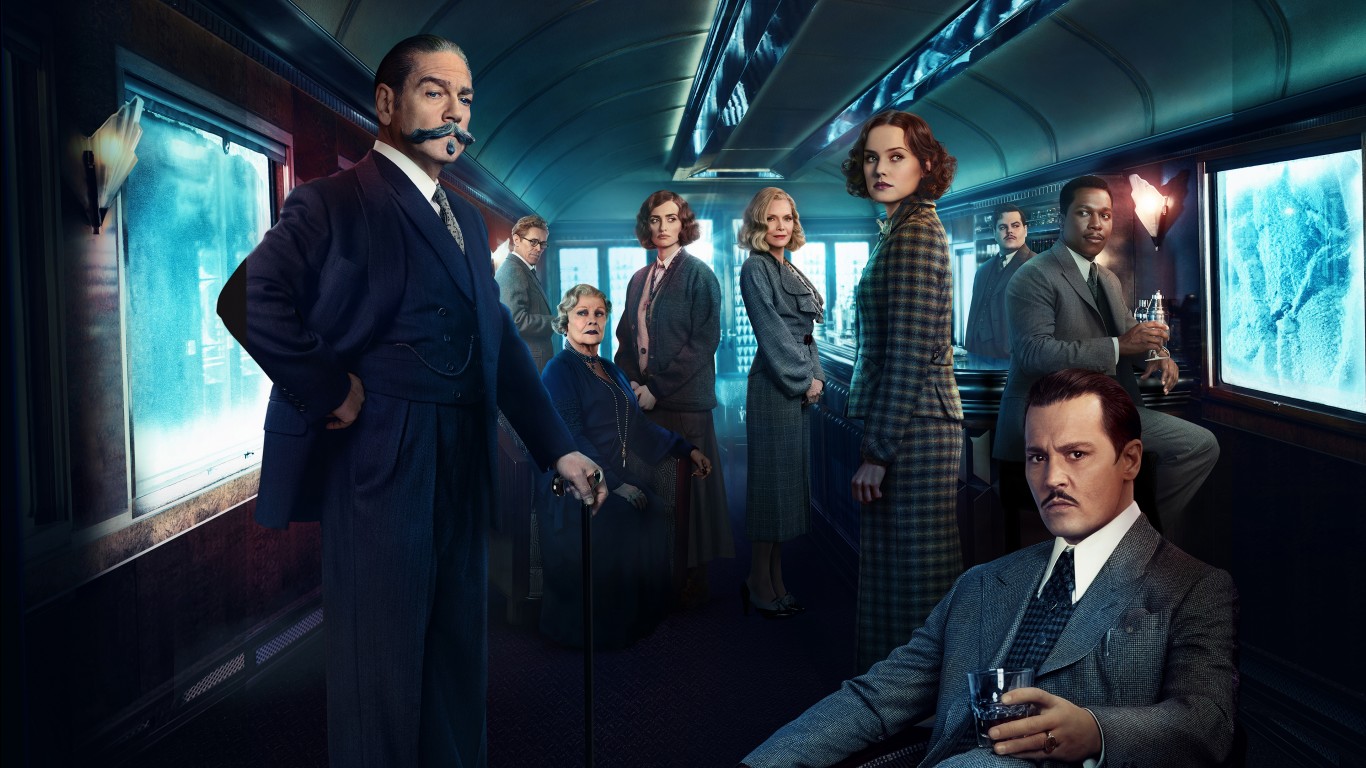Novitiate
by Rachel Willis
When Cathleen Harris (Margaret Qualley) is seven years old, her mother, out of a sense of duty and more than a little boredom, takes her daughter to church. So begins Cathleen’s love affair with God.
And it is a love affair, as Novitiate seeks to show its audience as it follows Cathleen from that first encounter to her time as a novitiate seeking to become a bride of Christ.
As a postulant (the first step in becoming a nun), Cathleen meets the Reverend Mother (Melissa Leo), a woman who joined the convent 40 years earlier and has not left the convent in those 40 years. With the introduction of the Reverend Mother, the film branches into two narratives. We see the convent through both Cathleen and the Reverend Mother on the eve of monumental changes to the Catholic Church.
If writer/director Margaret Betts had kept her story limited to these two perspectives, we would be treated to a tighter film. Cathleen is a mostly silent observer, her few words devoted to her devotion to God, but we see a great deal through her. When the film branches off to follow other postulants in the convent, as well as a sister questioning her faith, we lose the intimacy established in the beginning with Cathleen.
Betts is aware that many in the audience will not understand what it takes to become a nun, nor will they be familiar with the Church in the early 1960’s, so there are a few moments of exposition. However, they never feel heavy-handed or forced. It feels as if we’re entering as a postulant, then a novitiate, with Cathleen.
As our eyes into this world, Qualley is phenomenal as Cathleen. She brings an intensity to the role that is needed to understand the level of commitment to Christ it takes to become a nun.
Leo as the Reverend Mother brings a different level of intensity, one that not only explains her devotion to Christ, but her faith in the perfection of the Church as Vatican II seeks to alter the world to which she’s given her entire life.
There are moments when the film sinks into melodrama, and some scenes feel unnecessary to the story, but it’s a captivating glimpse into a world few of us witness.









